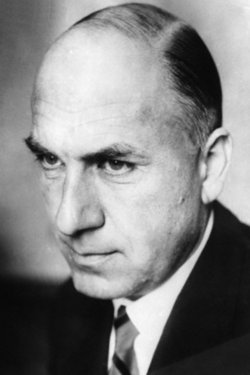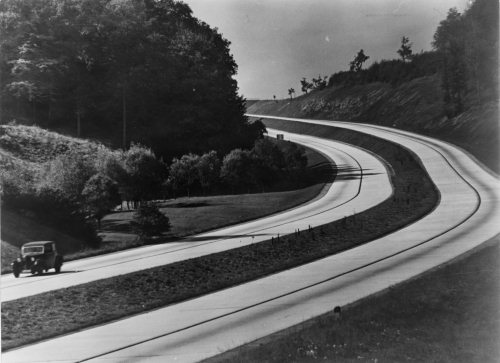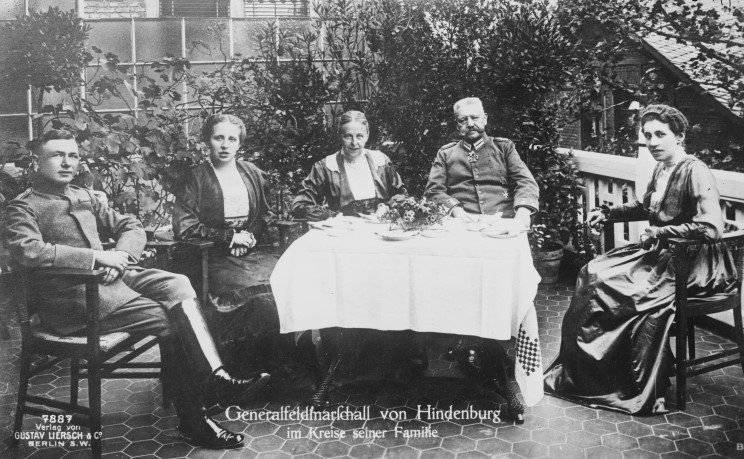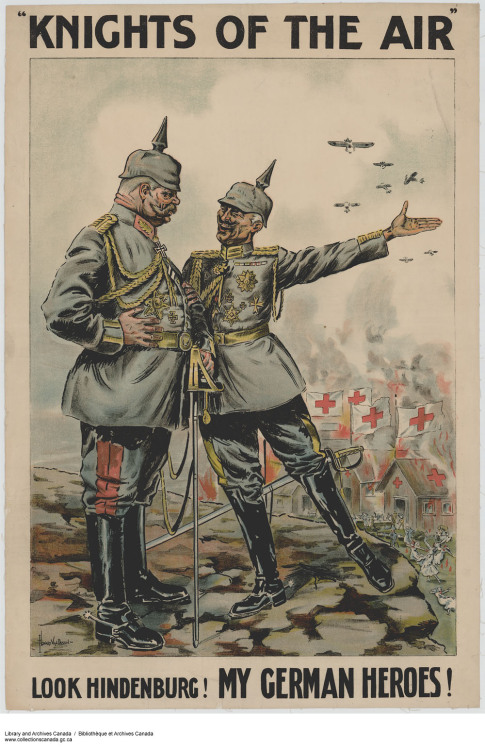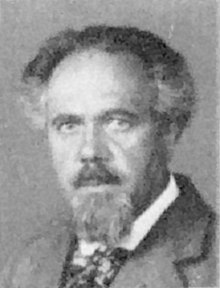Things are looking up. Hopefully this Democratic Germany AAR won't end with the Republic overrun by the Soviet Union, like the last one.
I think it'd be fair to say that even the KPD views the Soviets as an enemy.
Soon, all of Europe will fall under the Democratic Germany's sway!
Just like real life.
Except it won't be through debt and payments
subbed
Thanks!
I'm leaving for college on Tuesday (18th) so the update will be some time the following day -- at the latest, Thursday, though I will try to avoid that. I will try to write as much as humanly possible between now and Tuesday so that I will have a big supply of updates to last us a few months.



